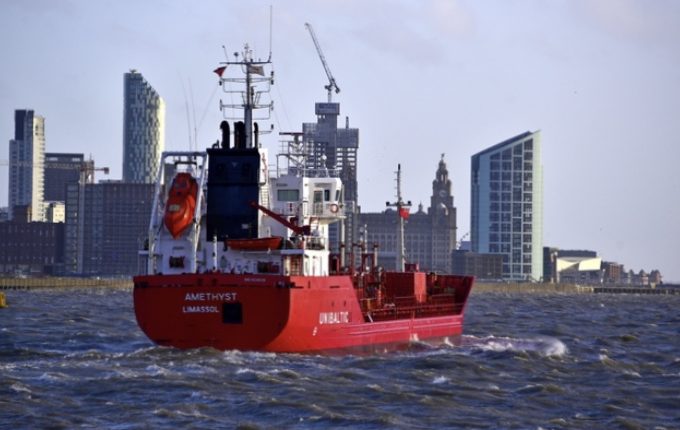Seafarers struggling to get home amid closed borders, says Liverpool charity
Liverpool Seafarers Centre, which offers support to seafarers from across the globe, has written to the UK maritime minister calling for clearer guidance on seafarer repatriation. Tony McDonough reports

Multiple border shutdowns across the world due to coronavirus is making it difficult for seafarers to get home, a Liverpool-based ecumenical charities warning.
Liverpool Seafarers Centre (LSC), which offers support to seafarers from across the globe who arrive in Liverpool on commercial vessels, has written to the UK maritime minister Kelly Tolhurst calling for clearer rules and guidance on seafarer repatriation.
The letter, which has also been sent to leading NGOs including the International Maritime Organisation (IMO) pointing out the practical difficulties facing seafarers who may be thousands of miles from home.
LSC chief executive John Wilson, who is in daily contact with seafarers, said although many organisations are calling for crew changes and seafarer repatriation to be ‘fast tracked’ in so-called ‘green lanes’ as key workers the actual process of repatriation is complex.
In a letter issued on 30 March, the IMO distributed a series of recommendations for governments and relevant national authorities, proposed by a broad cross-section of global industry associations representing the maritime transportation sector.
Referring to the issue of crew changes, it says professional seafarers and marine personnel should be granted any necessary and appropriate exemptions from national travel or movement restrictions to allow them to join or leave ships.
It added that governments should permit professional seafarers and marine personnel to disembark ships in port and transit through their territory, such as to an airport, to allow crews to be changed and seafarers to be repatriated.

Mr Wilson said: “It is very positive that the maritime industry is coming together to support and recognise seafarers led by the IMO which is doing a brilliant job. However, seafarers are still worried because countries are moving to ‘closed border’ status.
“This means if seafarers are granted repatriation it is possible that at each border crossing a quarantine period of 14 days could be imposed. Furthermore, when the seafarer reaches the home country, a further period could be necessary. Who pays for the loss of earnings during this period?
“There is clearly a big issue with seafarers mental health already under massive pressure because of the pandemic and long six to nine month contracts at sea, some of which are being extended.
“This mental health problem could be worsened by extended periods of quarantine. Quarantine will see seafarers separated from their families, possibly in poor conditions and unpaid.
“At the very least we think one period of quarantine should be enough but they must be paid and the conditions must be of a high standard. These issues must be looked at as that is what seafarers are saying they are concerned about.”
Mr Wilson said while the complex issue of repatriation is worked out between Governments and NGOs there is ‘an urgent issue now’ of mental health of seafarers who are stuck on board ships with no shore leave.
He was prompted to write the letter after delivering welfare provision to ships docked in the Mersey River berths and terminals where shore leave has been embargoed. He said signs were already evident that this was impacting on the mental state of some seafarers.
R Wilson also called on the seafarers centre’s workers to be given key worker status, as welfare providers.

